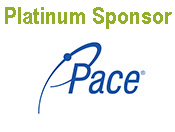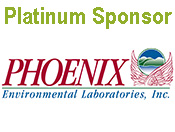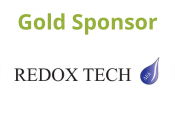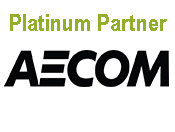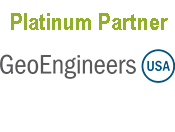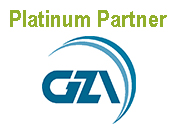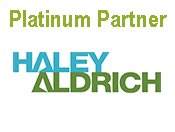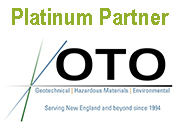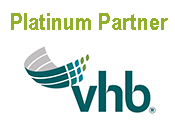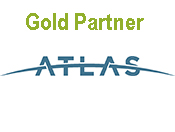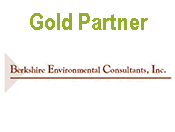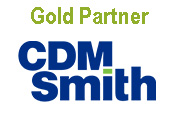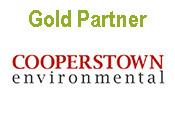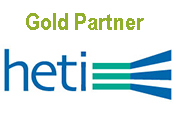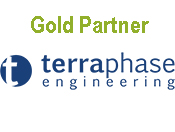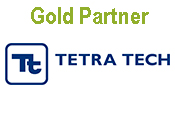The LSPA is proud to announce the recipients of our 2025–2026 EJ Grants, awarded to three organizations advancing health, equity, and environmental protections in Massachusetts’ EJ communities. These grants support community-based projects that help residents address local environmental challenges, build resilience, and expand access to clean, safe, and healthy environments across the Commonwealth.
The Food Project | Ingalls Farm Greenhouse Construction
Community Served: Lynn, Massachusetts
The Food Project’s mission is to create a thoughtful and productive community of youth and adults from diverse backgrounds who work together to build a sustainable food system. EJ Grant funds will support the construction of a new greenhouse on the organization’s Ingalls Farm site in Lynn, enhancing its youth-led, sustainable agriculture work on the North Shore. The greenhouse will significantly increase the organization’s capacity to grow seedlings, serve local gardeners with culturally relevant crops, and provide hands-on learning experiences for youth participants. Lynn, a designated EJ and Gateway City, faces ongoing environmental and food justice challenges tied to its industrial history, soil contamination, and limited green space. These factors, combined with high living costs and limited grocery access, contribute to food insecurity. The new Ingalls Farm greenhouse will provide space to grow seedlings for the organization’s 1.5-acre farm; expand support for community food production by supplying culturally relevant seedlings to gardeners across Lynn; and strengthen food sovereignty by offering affordable seedlings through the annual spring plant sale.
Groundwork Southcoast (GWSC) | Green Team and Green Corps
Communities Served: New Bedford and Fall River, Massachusetts
GWSC works at the intersection of environmental justice, youth workforce development, and community resilience in southeastern Massachusetts. Their mission is to bring about the sustained regeneration, improvement, and management of the physical environment by developing community-based partnerships that empower people, businesses, and organizations to promote environmental, economic, and social well-being. Through its Green Team (ages 14–18) and Green Corps (ages 18–30), GWSC empowers young people to lead hands-on environmental projects in their own neighborhoods. Participants gain technical skills and leadership experience through work in food access, urban forestry, and green infrastructure initiatives in neighborhoods facing high climate vulnerability. In 2024, Green Team members grew 1,750 pounds of fresh produce and stewarded 214 community garden beds adopted by residents of low- to moderate-income neighborhoods. EJ Grant funds will further GWSC’s youth-led work in Riverside Park, a key anchor site in the North End Resilience District. Produce grown at the site will continue to be distributed free of charge to local families through weekly “Pick Your Own Produce” giveaway days. The planted garden beds also reduce surface temperatures by more than 40°F compared to paved areas, demonstrating how community-based action can combat heat and promote local resilience.

